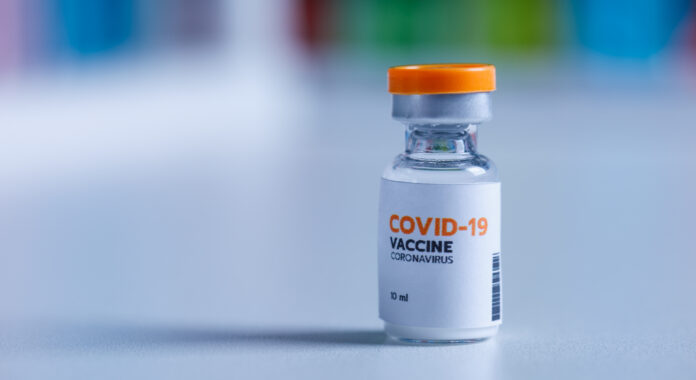Scientists discover the link between cases of rare blood clots and adenovirus COVID-19 vaccines, such as AstraZeneca.
Vaccines have played a huge role in the fight against COVID-19. Although the medical discovery has helped save countless lives, it does not come without risks. Certain COVID-19 vaccines have been linked to adverse events among recipients. These include a painful rash, severe allergic reaction, blood clots and even death. Both the AstraZeneca and Johnson & Johnson COVID-19 vaccines, in particular, have caused life-threatening blood clots in people. Moreover, a recent study also found an increased risk of low platelet levels with the AstraZeneca vaccine.
Although the risk of blood clots is 8-fold higher following COVID-19 than the AstraZeneca vaccine, the small number of cases are enough to raise concerns. Therefore, researchers from Cardiff University and Arizona State University recently investigated the incidence of vaccine-induced immune thrombotic thrombocytopenia (VITT) with adenovirus vaccines.
Unlike the widely popular mRNA vaccines (e.g., Pfizer vaccine), AstraZeneca and Johnson & Johnson use an adenovirus as a viral vector. This viral vector contains spike proteins of the coronavirus that then evoke an immune response in people.
What’s the Link?
The study found that in some rare cases the viral vector can bind to the protein, platelet factor 4 (PF4). This interaction causes the immune system to view it as a foreign body and produce antibodies against PF4. Thus, activating platelets and leading to the formation of blood clots.
VITT only happens in extremely rare cases because a chain of complex events needs to take place to trigger this ultra-rare side effect. Our data confirms PF4 can bind to adenoviruses, an important step in unravelling the mechanism underlying VITT.
Professor Alan Parker, senior author
The team further discovered a strong negative charge on the adenovirus. This helps attract the positively charged PF4; thus, bringing about the rare blood clotting event. Study authors believe that a better understanding of the interaction can help in the development of future vaccines. Moreover, researchers hope to modify adenoviruses to reduce their negative charge and the risk of blood clots.
With a better understanding of the mechanism by which PF4 and adenoviruses interact there is an opportunity to engineer the capsid, or outer shell of the vaccine, to prevent this interaction occurring.
Dr Alexander Baker, lead author
Reference:
Baker, Alexander, et al. “Chadox1 Interacts with Car and PF4 with Implications for Thrombosis with Thrombocytopenia Syndrome.” Science Advances, vol. 7, no. 49, 2021, doi:10.1126/sciadv.abl8213.




